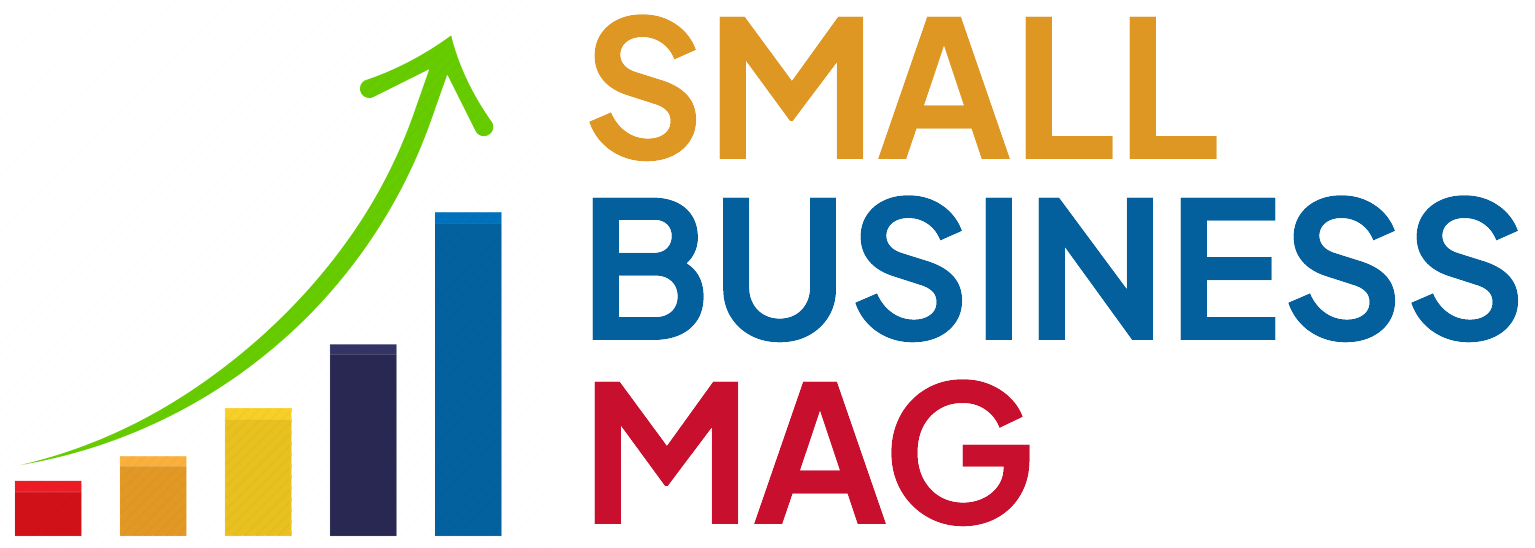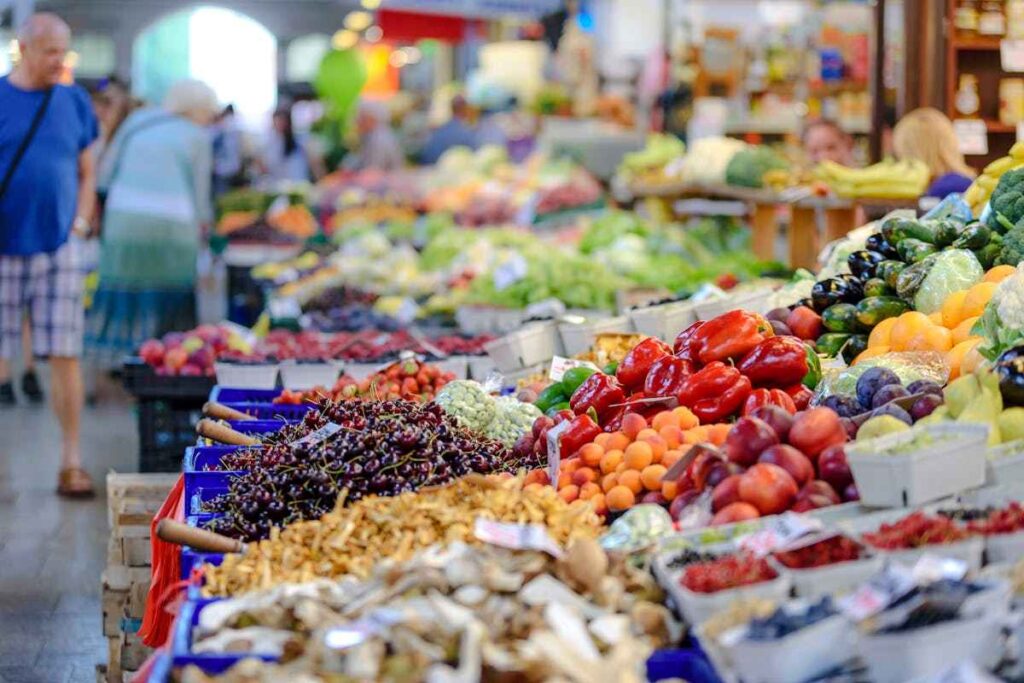There are certain food limitations imposed by UK customs if you’re travelling to the UK from a non-EU nation. This prohibits customers from carrying any restricted foods with them.
UK customs will impose fines even if the items are intended for personal use. The same rules would apply for bringing food, plants, or animals into the UK, which would normally be inspected for importation.
You must check all the items you carry into the UK before you get on your way.
Knowing all the UK Customs Food Restrictions becomes handy. This way you can avoid potential fines or penalties. So read this guide if you’re interested to know about the food limitation imposed by UK customs.
This guide will explain the different types of foods that are allowed to be imported from any country to the UK along with food items that are prohibited from entering the UK from other nations.
You will also know if a CIET permit is required along with the consequences of breaking the law. Let’s drive deep into the details.
Overview of the UK Regulatory Authorities
Prior to entering into definite limitations, it is most important understanding the regulatory authority. In the United Kingdom, the Food Standards Agency (FSA) is the agency at the pinnacle of the hierarchy concerned about food safety.
Besides this, the body that really matters in this line is the Animal Plant Health Agency (APHA), especially with regard to the movement of products from animals and plants.
Product Certification and Documentation
Essentially, an importer must check that the respective food products are within the accepted limits according to the law of the UK.
It would normally involve unsuccessfully obtaining several critical certificates from the country of origin, like health certificates or other clear documents as invoices and labeling in place, to ensure a smooth customs clearance process.
Prohibited and Restricted Food Items
The United Kingdom bears an import prohibition and restriction list with respect to any food. This list contains items like raw milk or certain games and some defined types of food colors or additives.
It would be wise for every importer to know this list so he or she can avoid incurring costs from customs delay and rejection.
Allergen Declaration
Legislation does exist in the UK, and it is quite strict on food labelling and allergens. Products, therefore, must comply and inform the consumer enough about the food allergens.
The result of failure to comply is that an individual may be faced with legal action.
Pesticide Residue Limits
The United Kingdom has defined MRLs for pesticides in foods. Importers are mandated to meet these for them to be cleared by customs. Ensure frequent testing and verification for compliance with standards.
Chemicals and Biological Hazards
Imported food should not threaten the health of the general public. Importantly, anyone importing food in bulk or for household consumption should consider both chemical and biological hazards that the goods may introduce. Such products should not contain impurities, toxins or harmful bacteria.
Temperature and Storage Requirements
Some foods have specific requirements in terms of temperature and storage. They should be imported under those conditions.
All these must be maintained during storage or confines within the facility for safety and quality security of the products received.
Customs Fees and Taxes
Importers should have knowledge of Customs fees regarding the importing of food or foodstuffs into a country. They should be able to know how much the agricultural products would incur in these fees alongside food safety.
This knowledge on Customs Food Restrictions in the UK will assist in a more precise and cost saving calculation.
What You Can Bring into The UK?
Bringing food or animal products into Northern Ireland is subject to different UK customs regulations. However, there are no limitations on bringing the following things into the UK:
- Bread, but not sandwiches with meat or dairy components.
- Biscuits
- Cakes
- Noodles or pasta are acceptable; however, if they contain meat or meat derivatives, they are not.
- Chocolate and confections, but not for those that include a lot of raw dairy.
- Packaged stocks, flavourings, and soups.
- A tiny amount of animal products, like fish oil capsules, are present in all dietary supplements.
- Prepared and packaged plant items, including frozen plant material or salad.
What Food Items Are Prohibited to Bring into the UK?
There are restrictions regarding meat, fish, and animal products along with dairy goods as well as fruits, nuts, seeds, and vegetables from outside into Great Britain.
The rules on bringing meat, animal products, fish, and dairy items differ from where you are taking them.
1. Food Restriction of Meat, Fish, Dairy, and Animal Products by UK Customs:
Depending on your country from which you are importing meats, fish, dairy, and other animal products different rules will apply. We have compiled every detail below.
From Greenland, the Faroe Islands, Norway, Iceland, Switzerland, Liechtenstein, and the EU:
- Dairy
- Fish
- Meat, but you can take in pork or 2 kg or more worth of pork products without being subjected to restrictions
- Other animal products include honey and eggs.
From Countries Outside the EU
These rules will apply when you bring in food from outside the EU:
- Bringing in any meat or meat products is disallowed.
- Milk or milk-based products, except powdered infant formula or specific medical foods that have been specially designed for children under 12 months of age.
Two kilograms may be imported by each person for:
- Pet food, special food, powdered infant milk, and baby food.
- Back half of the frogs must be saved or shelled, and the internal portions must be removed.
- Honey
- Shellfish, Snails, and Frogs’ Lungs must be cooked or prepared
- Meat from insects.
An individual may bring in up to 20 kg of fish, comprising:
- Fresh fish
- Processed Fish may include dried, smoked, cooked, curried
- Lobsters Prawns.
2. Restrictions on fruits, vegetable, nuts, and seeds according to UK customs
Depending on the country, limits apply to importing fruits, vegetables, nuts, and seeds.
From Switzerland, Liechtenstein, or the EU:
The following foods are available for personal importation:
- Nuts
- Fruits
- Vegetables.
From Countries Outside the European Union:
Importing food products from countries outside of the European Union is limited. Most food items require holding a “Phytosanitary” certificate for importation.
This certificate can be issued by Plant Health Authorities in your home country. You may only introduce the following without a “Phytosanitary” certificate:
- Pineapple
- Kiwi
- Coconuts
- Oranges, limes, lemons, grapes, and other citrus fruits.
- Durian
- Kumquat
- Persimmon
- Mango
- Curry leaves
- Passion fruit
- Dates
- Plantain
- Guava
- Bananas
- Nut butter and nuts that have been prepared and peeled
- Some grains, such as rice
- Plant items that have been packaged and processed, such as frozen plant material and packaged salads
- Alcohol and tobacco.
You may import the following with no duties or taxes into the UK. You can bring both:
- 42 litres of beer
- 18 litres of non-sparkling wine.
Or,
- 4 litres of spirits and other liquors with 22% or
- Alcohol sparkling wine, alcoholic beverages, and fortified wine with up to 22% alcohol per 9 litres.
You could bring one of the following into UK borders if you wish to import tobacco:
- Two hundred cigarettes
- One hundred cigarettes
- 250 grams of tobacco
- Fifty cigars.
Verify Whether You Require a CITES Permit
If you wish to import any food or animal products covered under Convention on International Trade in Endangered Species of Wild Fauna and Flora (CITES) you should apply for it. These include:
- Food items such as eel fillets and caviar
- Any cosmetics with caviar extract
- Edible cacti and prickly pear.
Application for a CITES Permit must be downloaded, filed out, and then mailed to a destination indicated in the application.
You must arrive at one of the ports or airports that handle CITES merchandise when you visit Great Britain. If you do not have a CITES certificate, and UK customs believes you have illegally imported such food goods, they may take your belongings.
What Will Happen If You Disobey the Rules?
The Border Force officers at customs are going to confiscate and destroy the food items barred for personal use if you declare them.
But, you may be prosecuted if you fail to disclose the prohibited dietary items. Food products can be confiscated by the Border Force if they suspect that:
- You have brought something illegally into the country.
- Imported too much of a restricted or prohibited item.
- Food products that are contaminated for instance blood from meat. Customs will destroy any garments or bags that they deem contaminated.
FAQ
What foods must be disclosed at customs in the United Kingdom?
There are certain foods that need to be declared at customs in the United Kingdom. Importation of a few foods from non-EU countries can be prohibited or restricted. These include dairy products, pork, and honey. However, baby food, infant milk, and special foods for medical purposes do not fall within this prohibition.
Is it possible to pass UK customs with packaged food?
You may bring in food for personal consumption when travelling in the European Union, without being ill, unless otherwise stated by the EU. However, many animal products are prohibited when coming from non-EU countries. One of those is packaged food with any kind of animal product.
Conclusion
Knowing the food restrictions by UK customs is essential if you are travelling to the country by air with any food items. If you have a good understanding of the laws you can possibly avoid any unforeseen situations like penalties.
We hope this guide on customs food restrictions UK has been helpful to you. You can follow this guiding principle and have a fun, safe, and secure journey moving forward!

